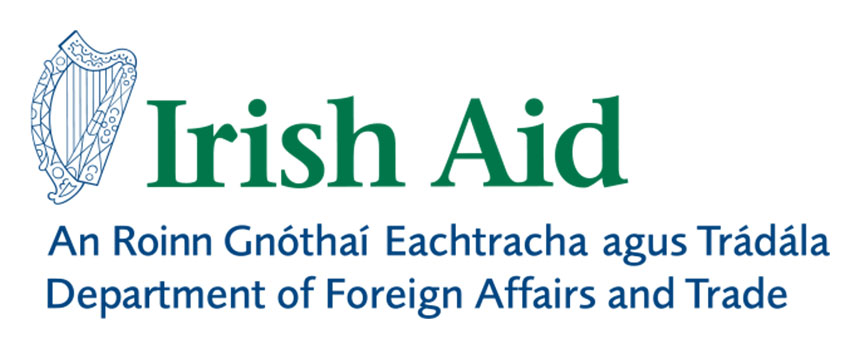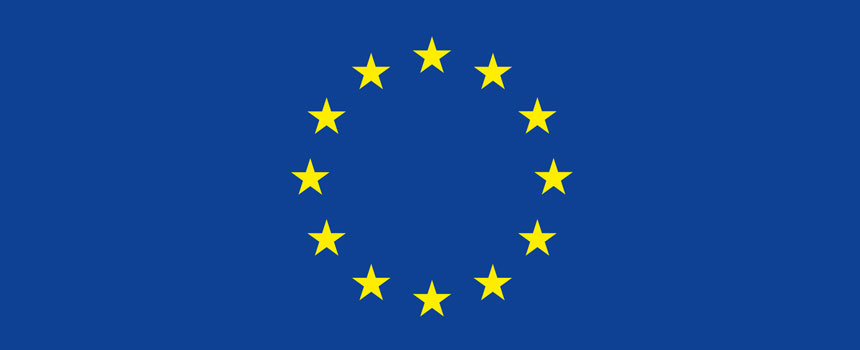Time to publish tax rulings and corporates’ tax data
25 September 2015

by Policy and Outreach Officer Éamonn Casey
On 7 September, DDCI responded to a public consultation by the European Commission on additional corporate tax transparency by urging that the EU should require member states to publish tax rulings, such as Revenue gave to Apple subsidiaries in Ireland, which has cost the public purse billions of euros.
The spillover effect of harmful tax practices on developing countries is huge, with the main cause of lost revenues being multinationals’ artifical profit-shifting to reduce the taxes they pay. The UN Conference on Trade and Development estimated in March 2015 that developing countries lose $100 billion per year in tax avoidance by multinationals.
Analysis of Ireland’s tax rulings to Apple (which DDCI will soon release in a special report) reveals that the Irish public is not routinely told what tax rulings Revenue is offering to whom, their lifespan and tax effects, or even their number, because of an extremely broad Revenue interpretation of taxpayer confidentiality.
Yet Revenue’s tax rulings to Apple appear to the European Commission to give Apple a tax advantage over other corporations that has denied the public purse billions of euro, right through the financial crisis and austerity budgets.
And these billions relate just to Ireland’s tax rulings to Apple: we are not allowed to know how many rulings Revenue has issued to how many other multinationals, and with what level of tax advantage to the corporations.
Over two-third EU member states currently offer tax rulings to multinationals about the interpretation or application of tax laws in their business transactions, with important implications for taxable earnings and the taxes levied. These rulings, being confidential, can also be used to offer special 'sweetheart deals' to companies, which the European Commission provisionally considers Ireland did with Apple. (The Commission’s formal investigation is continuing.)
In 2013, Apple revealed that it had paid an effective tax rate of less than 2% in Ireland over a 10-year period. Ireland “will probably face censure from the European Commission within months” over its tax arrangements with Apple, according to Bloomberg business news, and in a “worst-case scenario” for the corporation, could face a $19bn tax bill if the Commission finds they broke EU state aid regulations.
Since the tax rulings are not in the public domain (not even their number and type), elected officials and the Public Accounts Committee – not to mention Irish citizens –have no basis on which to scrutinise these rulings, and the very considerable effect they have on the Budget as a form of hidden ‘corporate welfare’.
During the European Commision’s recent consultation on boosting corporate tax transparency, DDCI also urged that the EU should require public country by country financial reporting for all large enterprises across all sectors. The European Parliament, representing over 50 million EU citizens, voted in favour of this approach in July 2015; negotiations are now taking place with the Commission and EU member states on moving that forward.
Country by country reporting (CBCR) means that multinationals should disclose in their published financial statements, for country in which they have a business element, a range of information including their profit or loss before tax, taxes on profit or loss, employee numbers and cost, assets held, and so forth.
DDCI urges that CBCR data should be made publicly available and accessible, through an EU initiative. Requiring that these data be provided only to tax authorities, as currently suggested by the EU and OECD, would greatly reduce the power of CBCR in terms of increased transparency, scrutiny of multinationals’ tax planning and their exposure to reputational risk for abusive practices, plus holding states to account if their tax systems facilitate tax dodging.
In fact, it appears that the flawed version of CBCR currently being promoted by the OECD would actually increase rich countries’ abilities to tax multinationals at the expense of developing countries’ taxing rights.[i]
An EU requirement already exists for country by country reporting for large financial institutions, extractive companies and logging companies, in an attempt to tackle abusive practices. Building tax justice requires that it apply to large enterprises in all sectors – and that the data be made public and amenable to scrutiny, not just filed with tax authorities.
Politicians, accountability bodies, activist groups and the public need access to these tax rulings, and the data that multinational corporations use to justify the profits they declare and taxes they pay, so they can tackle the complex financial structures designed to secure drastic corporate tax reductions – or avoid taxes altogether.
As things stand, large multinationals can reduce the tax they pay to single-digit percentages, dramatically reducing public spending budgets in EU states and beyond. Publishing tax rulings and multinationals’ CBCR reports would be an enormous help to low-income countries that are trying to assess the tax liabilities of companies operating in their jurisdictions, because they usually cannot access this information from tax authorities in richer nations.
If all EU tax rulings and CBCR reports were made public, multinational corporations and those highly-paid tax advisers who facilitate the use and abuse of loopholes across states, would have a much harder time negotiating tax arrangements that do not stand up to democratic scrutiny.
[i] OECD Country By Country Reporting: only for the strong? http://uncounted.org/


